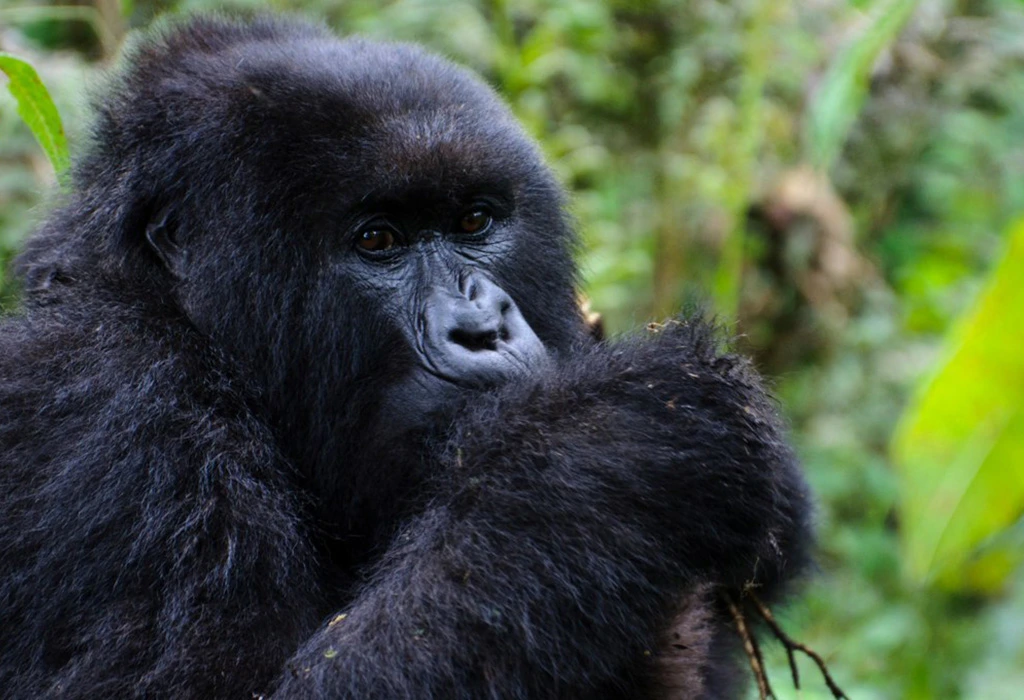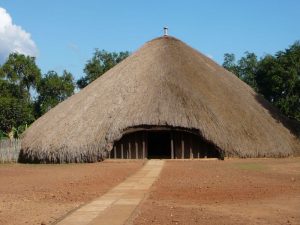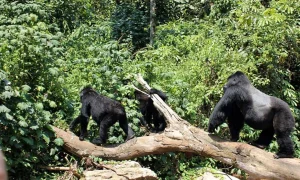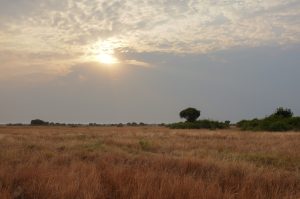Rwanda, often referred to as the “Land of a Thousand Hills,” is one of Africa’s most breathtaking, safe, and compelling destinations. With its misty mountains, rich cultural heritage, and extraordinary wildlife—including the endangered mountain gorillas—Rwanda offers unforgettable experiences for every kind of traveler. Whether you’re visiting for gorilla trekking in Volcanoes National Park, relaxing along Lake Kivu, or exploring Kigali’s vibrant culture, planning your trip thoughtfully is essential. Rwanda Trip Planning Advice
This comprehensive Rwanda trip planning guide offers detailed insights into everything you need to know: when to go, where to stay, what to pack, how to budget, and the top experiences to prioritize for your visit. Rwanda Trip Planning Advice
Why Visit Rwanda?
Rwanda stands out for its commitment to conservation, cleanliness, and peace. Following a remarkable recovery from its tragic past, the country now offers travelers world-class tourism infrastructure, excellent roads, and friendly hospitality. It’s the only place where you can track mountain gorillas in just one day and be back in a modern city by nightfall.
From the rainforests of Nyungwe to the rolling savannahs of Akagera, Rwanda surprises many with its biodiversity, modernity, and emotional depth. Rwanda Trip Planning Advice
When Is the Best Time to Visit Rwanda?
Rwanda has a temperate climate due to its elevation. While you can visit year-round, the dry seasons are ideal for most outdoor activities.
- June to September: This is the best time for gorilla trekking and wildlife safaris. Trails are less muddy, and visibility is high.
- December to February: Another good time for trekking and travel with fewer crowds.
- March to May & October to November: These are the rainy seasons. While the landscape becomes lush and green, hiking trails can be slippery, and road travel can be more difficult.
Travelers interested in photography or avoiding crowds may prefer the shoulder seasons, when the scenery is vivid and accommodations more affordable.
Do You Need a Visa to Visit Rwanda?
Most travelers can obtain a visa on arrival or apply online for an e-visa. If you plan to visit multiple countries in the region, consider purchasing the East Africa Tourist Visa, which grants access to Rwanda, Uganda, and Kenya on a single visa for up to 90 days.
You will need a passport valid for at least six months, proof of accommodation or tour, and in some cases, a yellow fever vaccination certificate.
What Vaccinations and Health Precautions Should You Take?
- Yellow fever vaccination is mandatory if you’re arriving from a country with yellow fever risk.
- Malaria prophylaxis is strongly recommended.
- Bring insect repellent, hand sanitizer, and any personal medications.
- Travel insurance with medical evacuation coverage is essential, especially if you’re trekking or exploring remote areas.
How to Get to Rwanda?
The main international gateway is Kigali International Airport (KGL), located just outside the capital city of Kigali. Major airlines operate direct or connecting flights from hubs such as Nairobi, Addis Ababa, Doha, Amsterdam, and Istanbul.
If you’re combining Rwanda with neighboring countries, you can enter overland through Uganda, Tanzania, or the Democratic Republic of the Congo, though the latter may require careful research due to safety concerns.
What Is the Best Way to Get Around Rwanda?
- Self-driving is an option, as Rwanda has excellent roads. However, mountain routes and national parks may require a 4×4.
- Private tours and drivers are a popular choice for comfort and local guidance.
- Domestic flights via Akagera Aviation are available for reaching more remote locations quickly.
- Public transport, including minibuses and motorcycle taxis (motos), is available but best for short distances or budget travelers.
Where Should You Go in Rwanda?
Kigali
Rwanda’s capital is clean, safe, and surprisingly modern. Spend time learning about the country’s history at the Kigali Genocide Memorial, and enjoy local markets, restaurants, and art galleries. Kigali also serves as the main base for launching trips to other parts of the country.
Volcanoes National Park
This is Rwanda’s most iconic destination, known for gorilla trekking. Located about 2.5 hours from Kigali, the park also offers golden monkey tracking, hiking to the Dian Fossey tomb, and birdwatching in its bamboo forests.
Nyungwe Forest National Park
Home to 13 species of primates, including chimpanzees and colobus monkeys, this lush rainforest is a paradise for biodiversity lovers. It features one of the only canopy walks in East Africa, providing a unique view of the treetops and valley below.
Lake Kivu
Rwanda’s western border is graced by Lake Kivu, a peaceful escape offering beachside relaxation, kayaking, fishing, and scenic boat rides. The lakeside towns of Gisenyi and Kibuye provide comfortable accommodations with beautiful sunset views.
Akagera National Park
For a classic safari experience, head to Akagera in eastern Rwanda. This park has made an impressive conservation comeback, now home to the Big Five: lion, leopard, elephant, buffalo, and rhino. Boat safaris along Lake Ihema offer views of hippos and crocodiles.
How Much Does a Trip to Rwanda Cost?
Rwanda is often considered a mid-range to high-end destination, especially because of gorilla trekking permit fees.
- Gorilla trekking permit: $1,500 per person (as of 2024)
- Golden monkey trekking: Around $100 per person
- Accommodation: Budget guesthouses from $30/night, mid-range lodges from $100/night, luxury options $400+/night
- Meals: Expect to pay $5–$20 for meals depending on where you eat
- Transport: Car rental with driver starts around $100/day; domestic flights vary by route
A well-rounded 7–10 day trip could cost anywhere from $2,500 to $8,000 depending on activities and travel style.
What Should You Pack for Rwanda?
- Comfortable walking or hiking shoes
- Long-sleeved clothing for treks and mosquito protection
- Rain jacket or poncho—even during the dry season
- Binoculars and camera gear, especially for safaris and gorilla trekking
- Reusable water bottle and eco-friendly items to reduce plastic waste
- Cash in US dollars and a debit/credit card—ATMs are available in Kigali, but rural areas rely on cash
What Should You Know About Gorilla Trekking?
Gorilla trekking is Rwanda’s most sought-after experience. Permits are limited, so booking in advance is crucial—often 3 to 6 months ahead. You’ll be assigned to a gorilla family group based on fitness level and hike duration. Treks can last from 1 to 6 hours depending on gorilla location.
Guides and trackers are highly trained, and you’ll get a full safety briefing before departure. You’re allowed one hour with the gorillas once located. While it’s physically demanding, the experience is deeply moving and often described as life-changing.
Is Rwanda Safe for Travelers?
Yes. Rwanda is considered one of the safest countries in Africa, with low crime rates and visible security presence. The government places a strong emphasis on tourism and safety.
However, as in any destination, travelers should:
- Be mindful of belongings in public places
- Avoid walking alone at night in unfamiliar areas
- Stay updated on travel advisories from official sources
Final Tips for a Successful Trip
- Learn a few words of Kinyarwanda—locals appreciate the effort.
- Always ask permission before taking photos of people.
- Tipping is customary, especially for guides and hospitality staff.
- Respect cultural norms and dress modestly, especially in rural areas.
Conclusion
Planning a trip to Rwanda is not just about organizing logistics—it’s about preparing for an experience that will touch your soul. With its warm people, stunning natural landscapes, and inspiring conservation stories, Rwanda invites you to explore deeper, travel thoughtfully, and leave with more than just memories.
Whether you’re tracking gorillas, sipping coffee on a lake shore, or standing in silent reflection at a memorial, Rwanda offers travelers a rare and powerful blend of beauty, resilience, and hope. With proper planning, your journey to this remarkable country will be both smooth and transformative. Rwanda Trip Planning Advice




